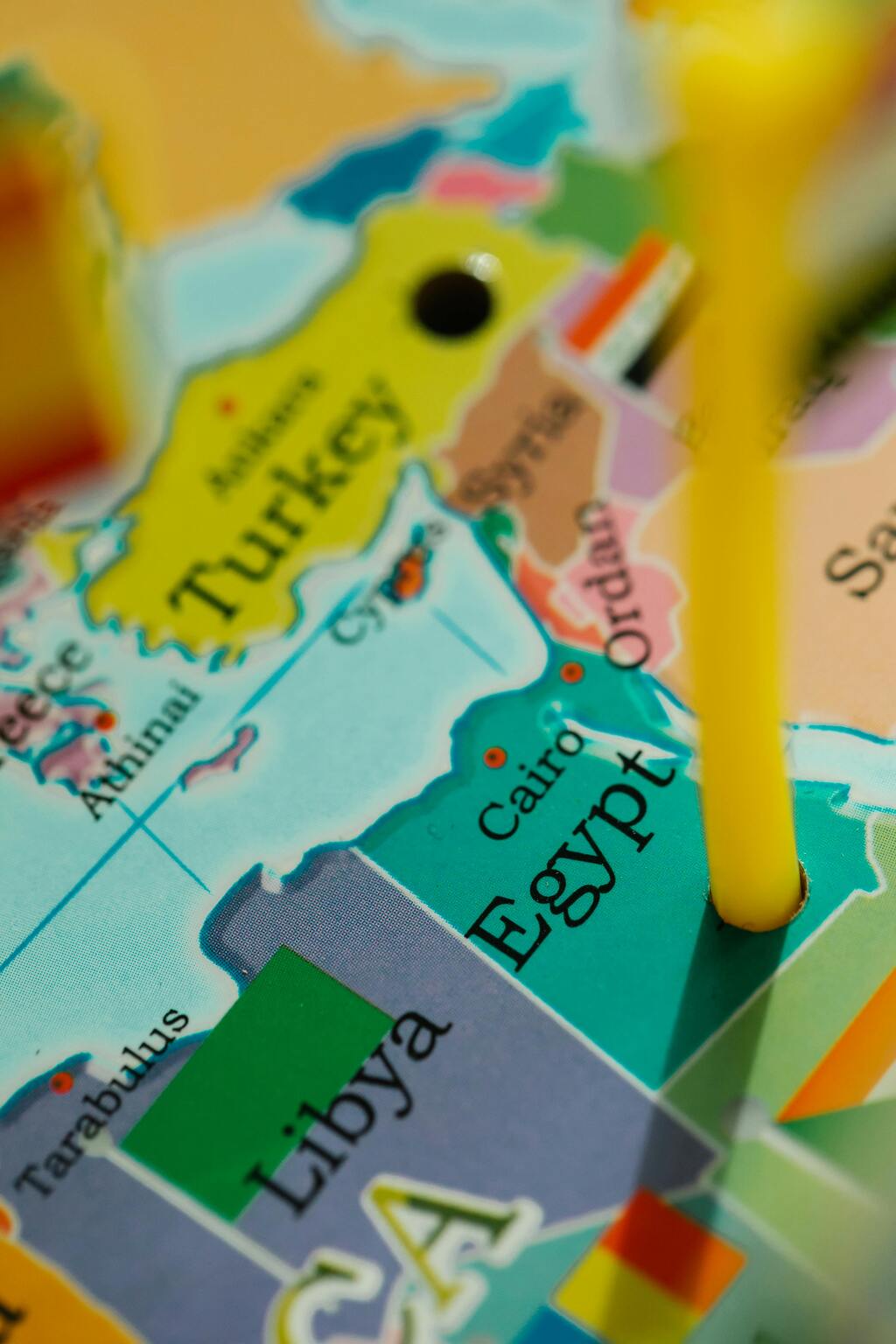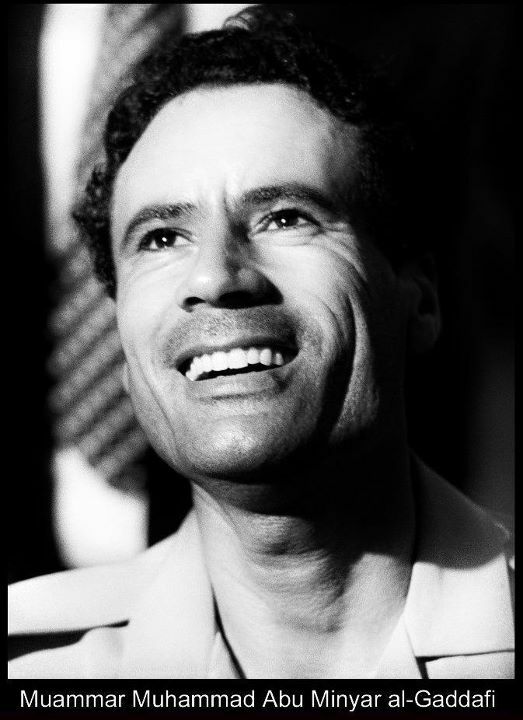
On the evening of Monday, December 15, 1969 (Shawwal 6, 1389 Hijri), just over three months after the revolutionary overthrow of the Libyan monarchy, Muammar Qadhafi, Leader of the September 1 Revolution, officially opened the first session of Libyan-American negotiations for the withdrawal of American military forces from U.S. bases located in Libya.
The event marked a critical turning point in Libya’s post-independence history, as the newly established Arab Libyan Republic sought to reclaim full sovereignty over its territory and military infrastructure. During his opening statement, Qadhafi delivered a scathing critique of the legacy of foreign military presence in Libya and made clear that the new government would not tolerate continued foreign occupation.
"Even if the interference of British forces in Libya could be justified because of conditions prevailing at the time, the presence of the American forces has no justification whatsoever."
Qadhafi condemned the original decision to allow American forces into Libya, branding it an act of betrayal orchestrated by a previous regime, and strongly implying that the establishment of U.S. military bases had been the result of political treason, not national interest.
"There is no reason for their presence except treason by one of Libya's former rulers..."
He went further to question the entire legitimacy of the American military presence in Libya from the very beginning:
"The establishment of an American base was in no way justifiable from the very outset. How can it now be so, after the Libyan people have rejected treason and treachery on the First of September..."
This was a direct reference to the September 1, 1969 revolution, led by Qadhafi and a group of young Free Officers, which had overthrown King Idris I and abolished the monarchy. The revolution was widely embraced by Libyans as a nationalist movement, one that promised to reclaim control of the country’s resources, lands, and foreign policy decisions.
At the heart of the negotiations were the Wheelus Air Base near Tripoli, one of the largest American military facilities outside the continental United States at the time, as well as other smaller installations. The presence of these bases had long been a source of national resentment, viewed by many as a symbol of neocolonial domination in the post-independence era.
Qadhafi’s bold rhetoric during the opening of the negotiations set the tone for Libya’s new foreign policy—non-aligned, assertively Arab nationalist, and firmly opposed to foreign military influence.
The December 1969 session would eventually lead to the complete evacuation of American forces from Libya by 1970, a landmark victory for Libyan sovereignty and a clear message to both the West and the Arab world that the newly declared republic would chart its own course, free of outside interference.
